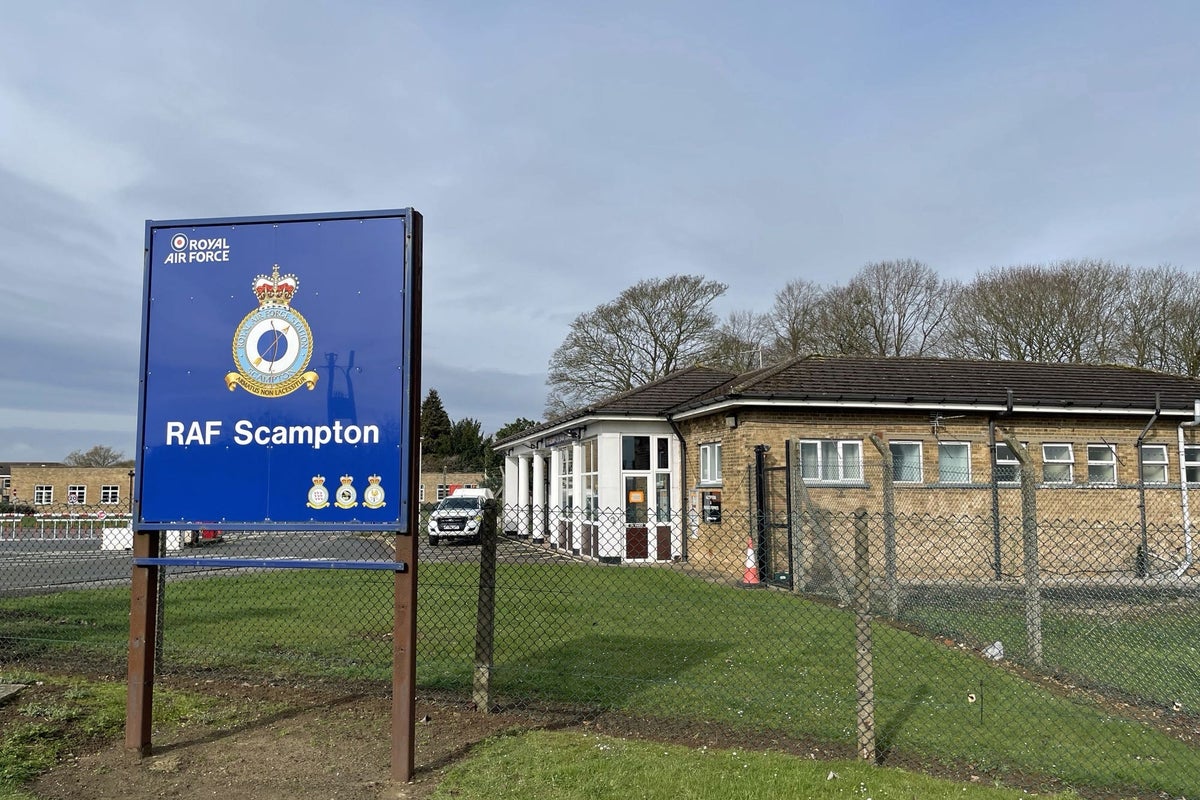
Asylum seekers should be offered accommodation to meet “essential living needs and nothing more”, the Government said, with plans to house them in barracks and barges.
Here are some of the key questions around the measures set out by ministers.
– What is the problem?
Last year more than 45,000 people crossed to the UK in small boats, while 3,770 have made the journey so far in 2023. Immigration Minister Robert Jenrick told MPs: “The sheer number of small boats have overwhelmed our asylum system and forced the Government to place asylum seekers in hotels.”
– Why is using hotels an issue?
It is costing £2.3 billion a year and the Government has argued that housing migrants in anything other than the most basic accommodation acts as an incentive for people to come to the UK.
Ministers also blamed the use of hotels for causing tensions with local communities, hitting the tourist trade and forcing the cancellation of weddings at venues which have been used to house migrants.
– So what’s the Government’s answer?
A search has been carried out to identify alternatives, with the use of redundant RAF bases at Scampton in Lincolnshire and Wethersfield in Essex and the conversion of private land in Bexhill, East Sussex set to provide “rudimentary” accommodation for “several thousand” asylum seekers.
Prime Minister Rishi Sunak has proposed the use of barracks at Catterick Garrison in his North Yorkshire seat, while the Government is also exploring the possibility of using barges and other vessels to house migrants at sea.
– Will that be enough?
It seems unlikely the sites identified will have the capacity required if the number of migrants making the crossing in 2023 reaches similar levels to 2022 – and that’s if they are able to take any asylum seekers at all.
The Home Office believes 1,700 people can be housed at Wethersfield and 2,000 at Scampton while the former prison in Bexhill can take 1,200.
Local councils responsible for the RAF Scampton and former RAF Wethersfield sites have both indicated they will fight the plans in the courts.
And while the Government is exploring the possibility of using accommodation barges or ships, no vessels have yet been acquired and there are no details about where they could be moored.
– So what else can be done?
The Government has acknowledged there is no silver bullet that will end the situation of people risking their lives to cross the English Channel.
But as part of Mr Sunak’s pledge to “stop the boats”, ministers hope that the policy of putting asylum seekers on a one-way flight to Rwanda will act as a deterrent, although so far legal challenges have prevented any migrants being put on a plane to Kigali.
The Illegal Migration Bill, currently going through Parliament, will see people who come to the UK by irregular means face detention and the prospect of being returned to their home country or nations such as Rwanda where a deal has been struck to send them.
Co-operation with the French authorities has also been stepped up to prevent people getting in small boats in the first place.
– So what next?
The Rwanda policy was deemed lawful by the High Court, but legal challenges continue.
The Government faces fresh legal battles over the new plans, with Conservative-run Braintree District Council preparing to apply for a High Court injunction to challenge the use of the Wethersfield airbase.
In Lincolnshire, Tory-led West Lindsey District Council is also prepared to go to court over the use of RAF Scampton.







